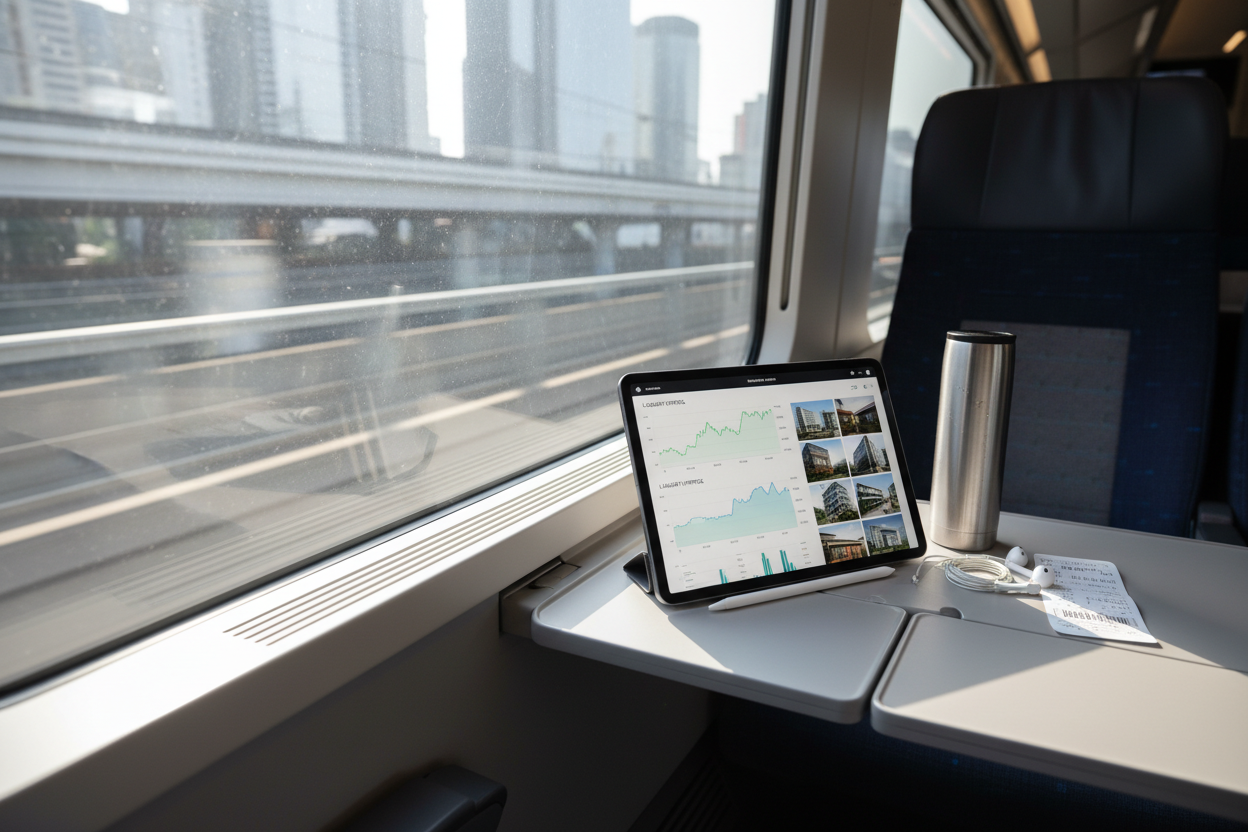How Real Estate Tokenization is Breaking Down Barriers for Small Investors in 2024
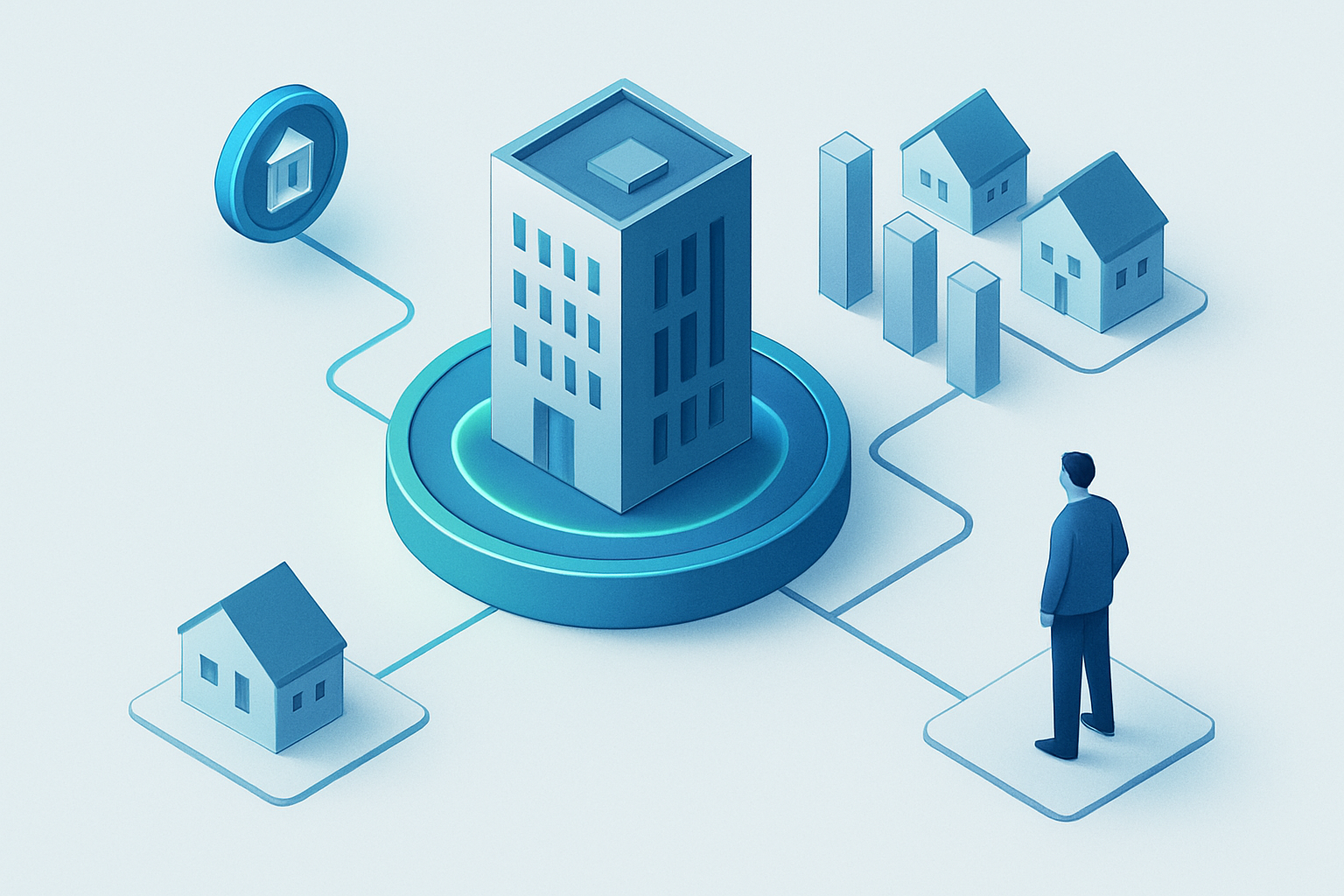
For decades, real estate investing was a game reserved for those with deep pockets or the ability to qualify for significant loans. In 2024, however, real estate tokenization for small investors is rewriting the rules and opening doors that were previously shut tight. By breaking down properties into digital tokens on the blockchain, this innovation is transforming the accessibility, liquidity, and transparency of property investment.

Fractional Ownership: Real Estate Without the Hefty Price Tag
The core breakthrough of tokenized real estate is fractional property ownership using blockchain. Instead of needing hundreds of thousands or even millions to buy an entire building, investors can now purchase digital tokens representing a fraction of a property. For example, a $5 million commercial asset can be split into 5,000 tokens at $1,000 each. This means you can participate in high-value markets with as little as $1,000 – a sum that would barely cover closing costs in traditional deals.
This model isn’t theoretical. As reported by Vesta Group, these bite-sized investments are already being used to democratize access to real estate in global cities. Fractional ownership reduces entry barriers and lets everyday investors build diversified portfolios across multiple properties and geographies.
Real-Time Liquidity: Trading Property Tokens Like Stocks
One of the biggest frustrations with traditional real estate is its lack of liquidity. Selling a physical property often takes months and involves extensive paperwork, agents, and legal hurdles. Tokenization disrupts this paradigm by making it possible to buy or sell tokens representing ownership shares on digital marketplaces in real time.
This enhanced liquidity empowers investors to respond quickly to market changes or cash out when needed – a flexibility unheard of in brick-and-mortar transactions. As highlighted by Coinmonks, tokenized assets are turning historically illiquid holdings into tradable instruments that behave more like stocks than buildings.
Global Access: Investing Beyond Borders
Tokenization isn’t just about affordability – it’s about borderless opportunity. Traditionally, buying international real estate meant navigating local regulations, currency exchanges, and unfamiliar legal systems – hurdles that kept most small investors at home. Now, blockchain-powered platforms let users from anywhere invest in properties worldwide with just a few clicks.
A user in São Paulo can own part of a Tokyo skyscraper or a Miami beachfront condo without ever leaving their couch. Blockchain ensures secure transactions and transparent records across jurisdictions. As detailed by Vesta Group (source), this frictionless global access is one of the most radical shifts in how people approach wealth-building through property.
Top Benefits of Blockchain Fractional Property Ownership
-
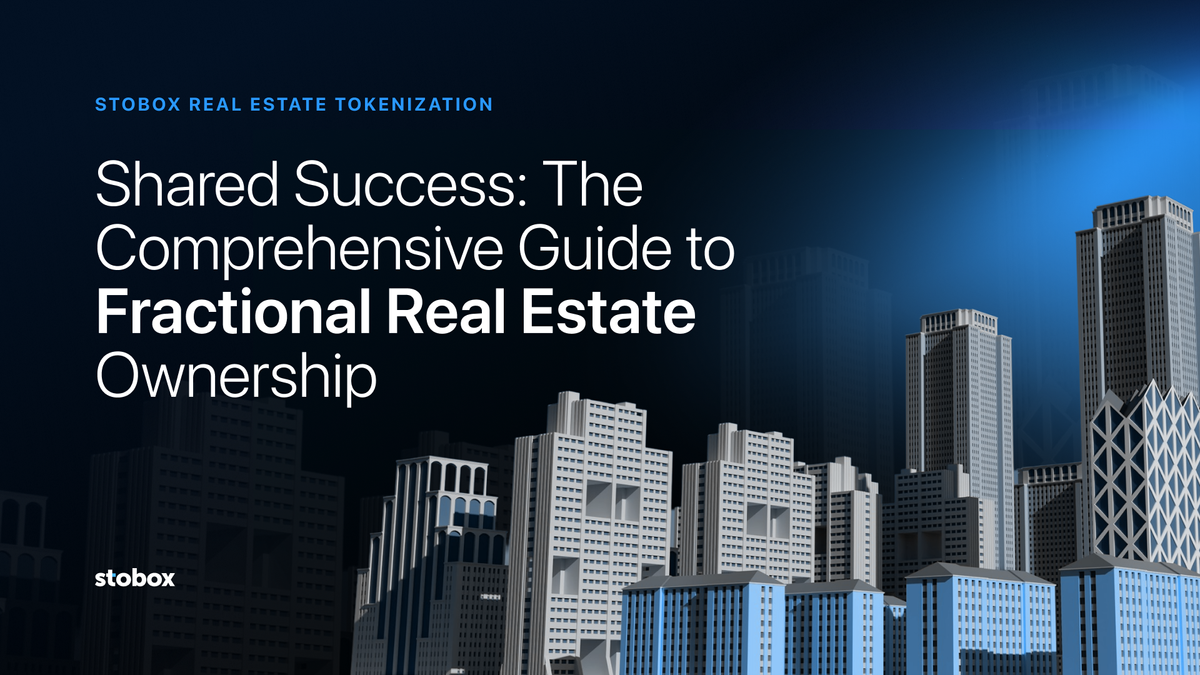
Lower Investment Barriers: Blockchain tokenization allows small investors to buy digital tokens representing shares in high-value properties, making real estate accessible with modest capital—such as owning a fraction of a $5 million property for as little as $1,000.
-
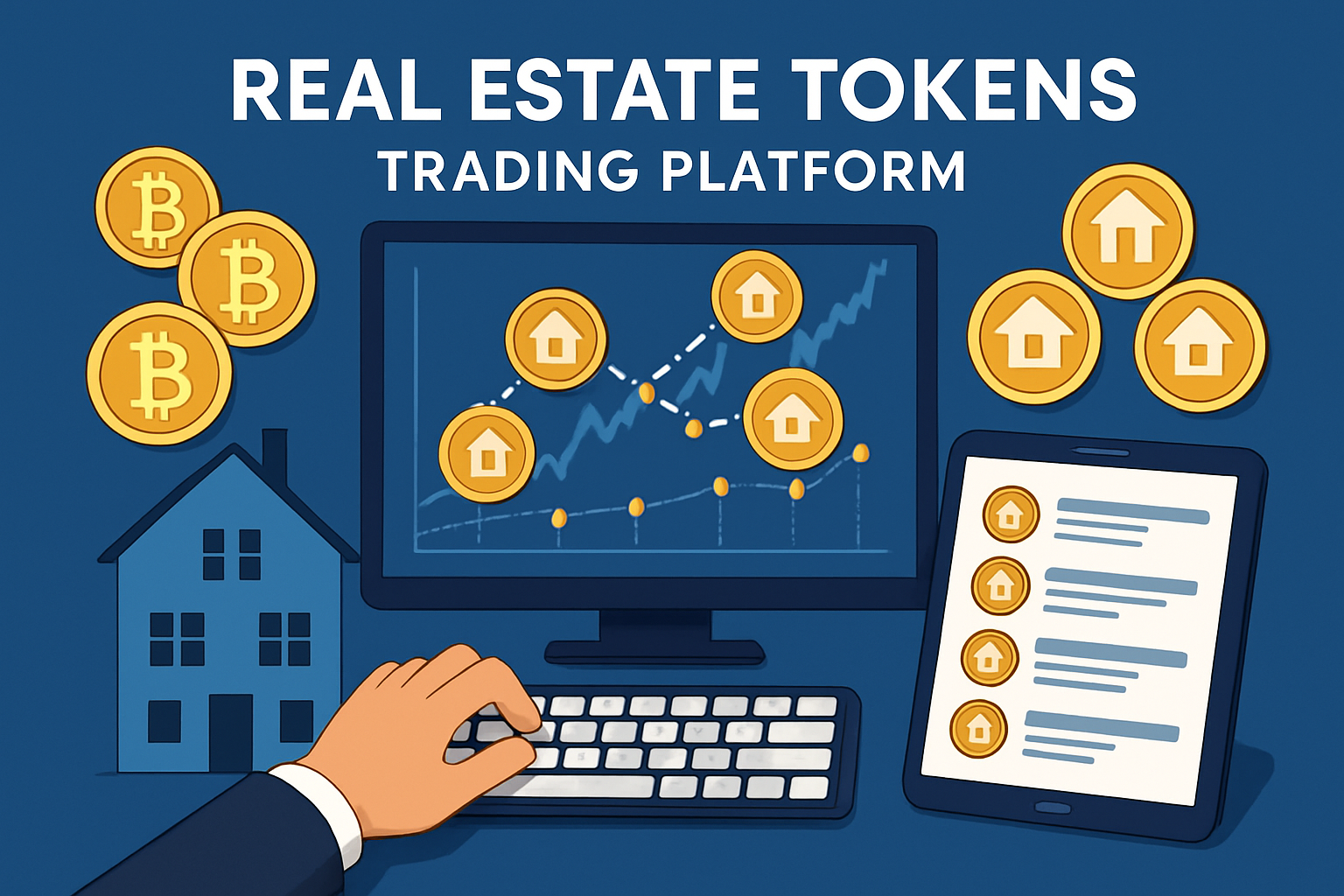
Enhanced Liquidity: Tokenized real estate assets can be traded on digital marketplaces, enabling investors to buy or sell their property shares in real time, unlike traditional, illiquid real estate investments.
-
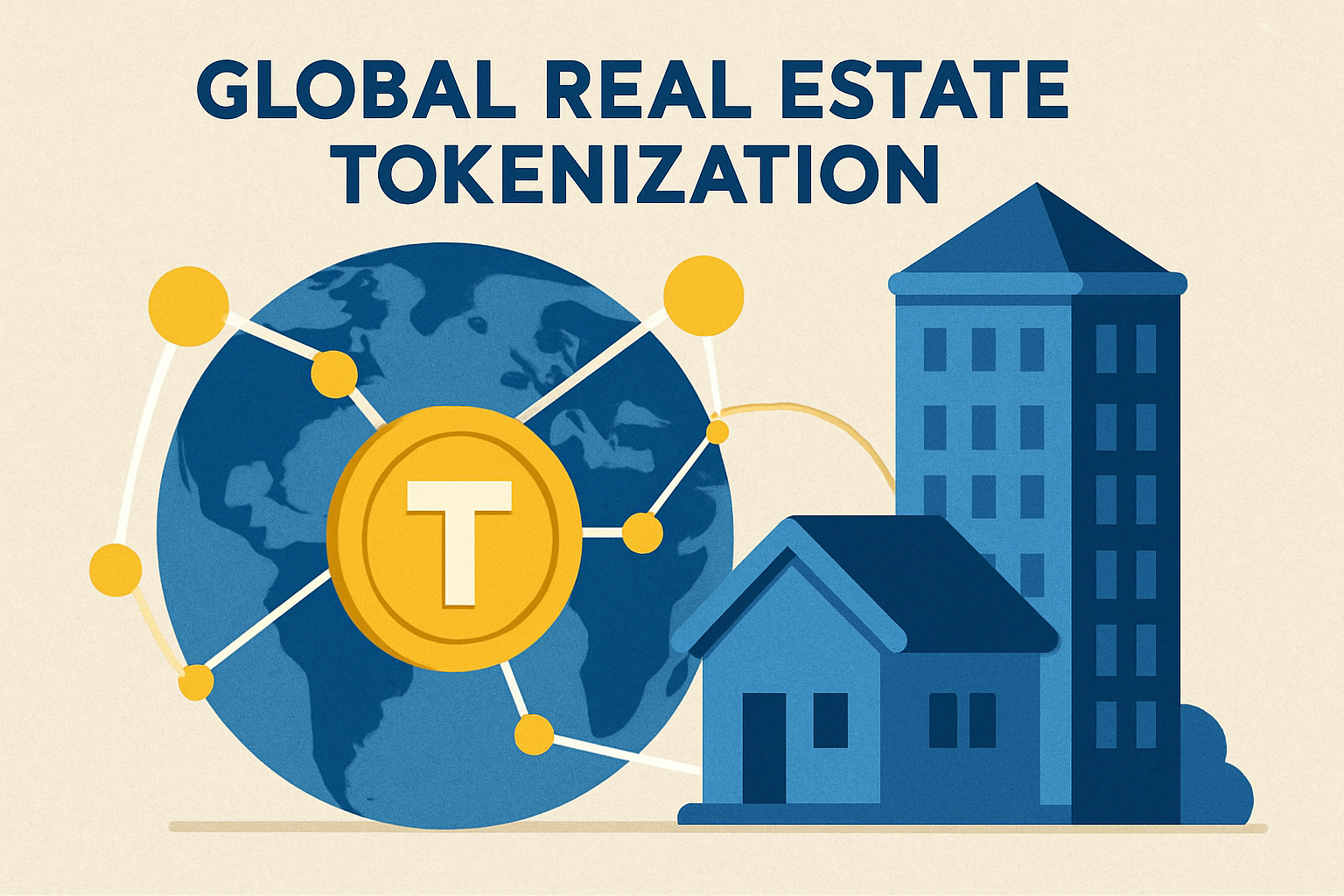
Global Access to Properties: Blockchain removes geographic barriers, allowing investors worldwide to participate in real estate markets—such as buying shares in international properties without complex legal or currency hurdles.
-
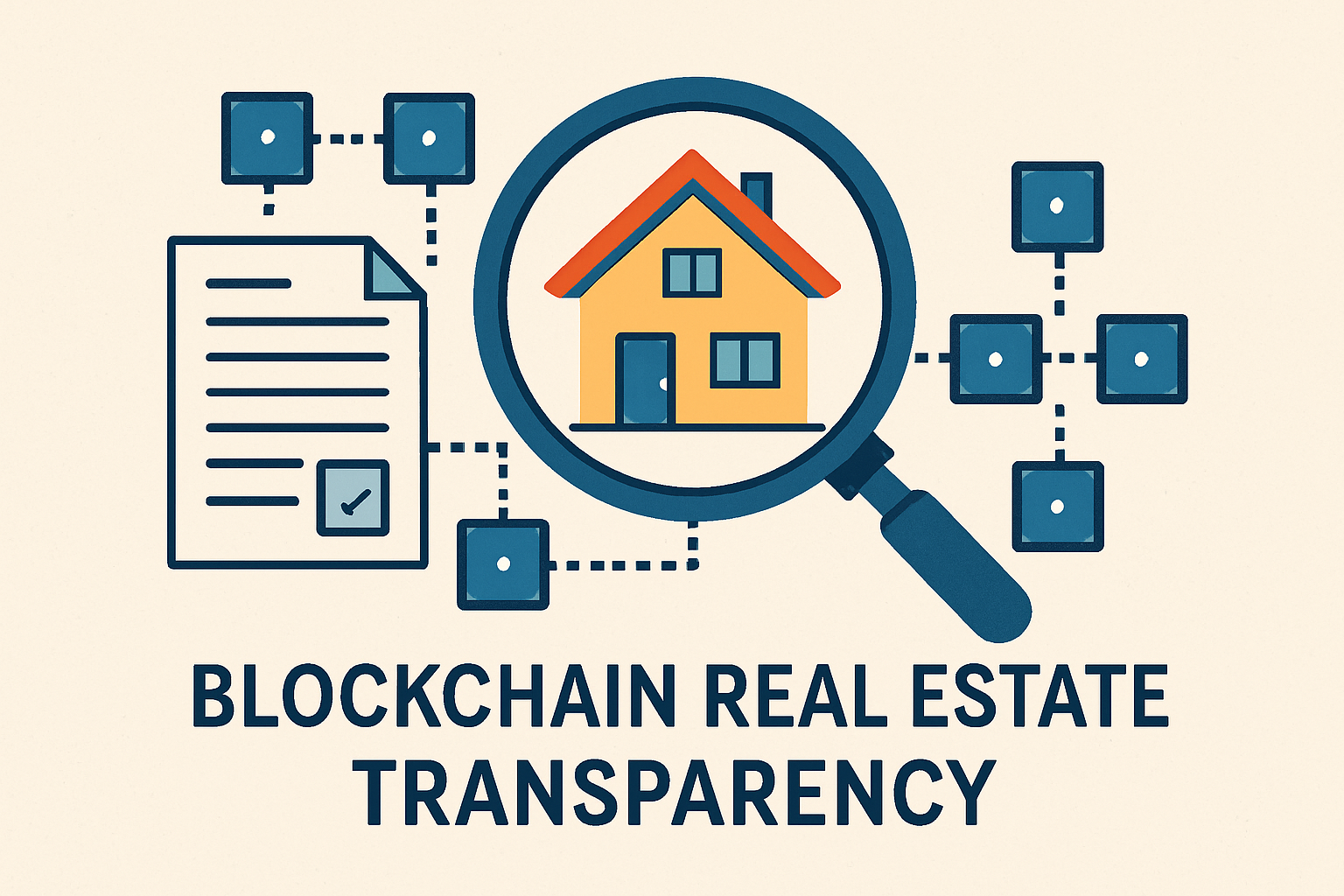
Increased Transparency and Security: Blockchain provides immutable records of ownership and transactions, reducing fraud risk. Smart contracts automate processes like dividend payouts, ensuring efficiency and trust.
-
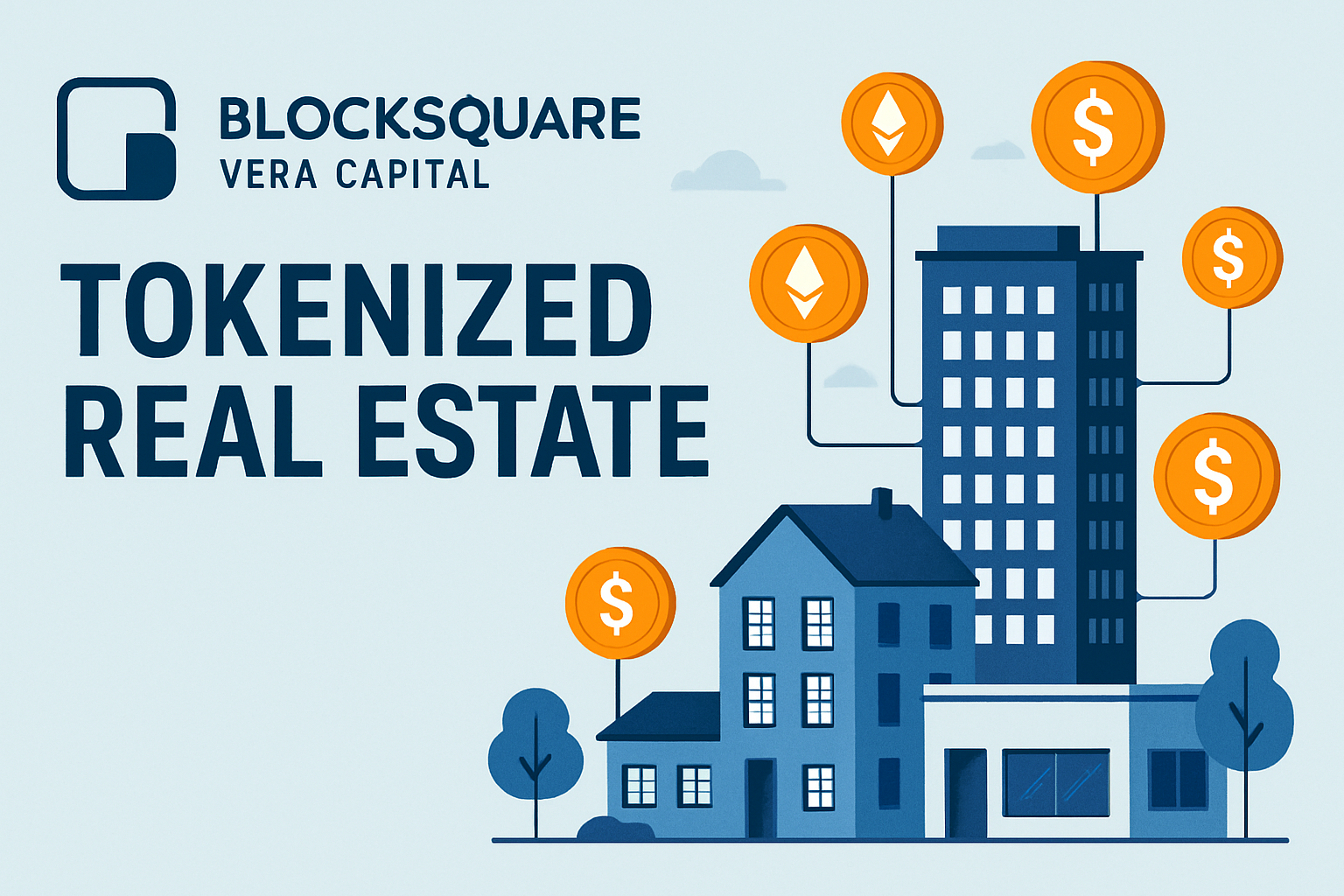
Growing Market and Institutional Adoption: The tokenized real estate market is expanding rapidly, with initiatives like Blocksquare and Vera Capital’s $1 billion U.S. commercial real estate project, and increasing interest from institutional investors.
Transparency and Trust Through Blockchain Technology
The foundation enabling these breakthroughs is blockchain itself. Every transaction involving property tokens is recorded on an immutable ledger visible to all participants. This level of transparency dramatically reduces fraud risk and builds trust among both buyers and sellers.
Smart contracts automate key processes like dividend payouts or settlements, cutting costs for all parties involved while ensuring compliance with pre-set terms.
For small investors wary of opaque deals or hidden fees, blockchain brings peace of mind that was previously hard to achieve in traditional real estate markets.
As tokenized real estate matures, it’s not just individuals who are taking notice. Institutional investors, family offices, and even pension funds are beginning to explore the sector, drawn by the prospect of enhanced liquidity and portfolio customization. The April 2025 Blocksquare-Vera Capital partnership, launching a $1 billion initiative across seven U. S. states, signals that the market is scaling rapidly and attracting serious capital (source).
This influx of institutional interest is a double-edged sword. On one hand, it brings greater legitimacy, deeper liquidity, and more sophisticated risk management tools to tokenized platforms. On the other, it underscores the need for robust compliance frameworks and standardized reporting to ensure that small investors remain protected as the market grows more complex.
Navigating Challenges: Regulation, Security, and Standardization
No innovation is without its hurdles. The most pressing challenges facing affordable real estate investing in 2024 via tokenization are regulatory uncertainty and technological interoperability. While blockchain delivers transparency, the absence of a centralized system for reporting tokenized transactions can make oversight difficult. This is particularly relevant in cross-border deals, where regulatory regimes may clash or overlap.
Additionally, the security of digital assets is paramount. Investors must choose platforms with rigorous cybersecurity protocols and clear legal structures governing token ownership. As Deloitte notes, the transition from traditional deeds to digital tokens requires careful attention to both legal enforceability and investor education (Deloitte Insights).
Despite these challenges, the path forward is promising. Industry groups are working on standardizing token formats, reporting frameworks, and cross-border compliance tools. As these standards evolve, investors can expect smoother onboarding, better interoperability between platforms, and clearer protection of their rights.
The Future: What Small Investors Should Watch in 2024
The pace of change in blockchain real estate trends 2024 is accelerating. Here are the most important developments for small investors to monitor:
Top 5 Tokenized Real Estate Trends for Small Investors in 2024
-
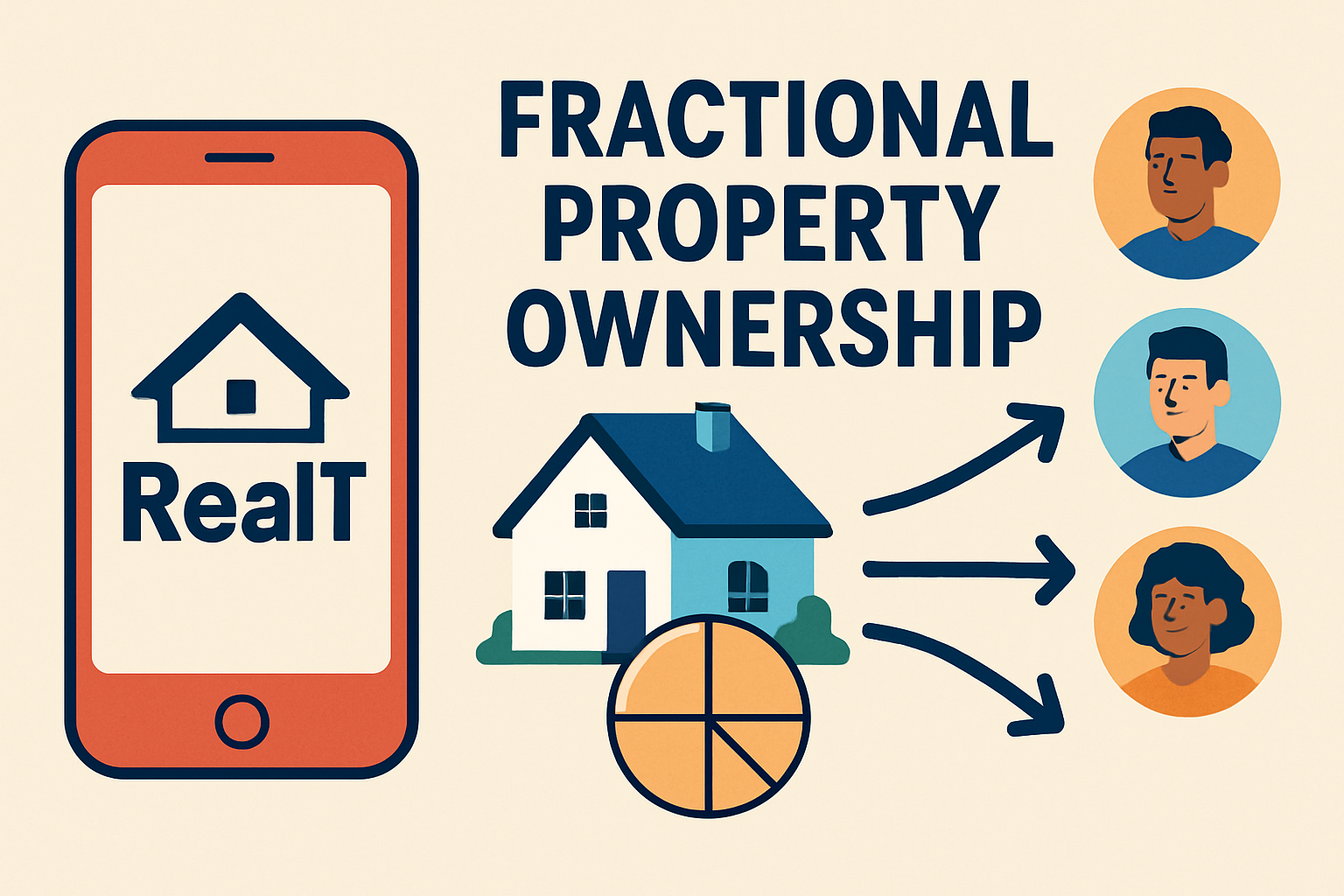
Fractional Ownership Expands Access: Tokenization platforms like RealT and Lofty enable small investors to purchase fractional shares of properties, lowering the capital needed to enter real estate markets. This democratizes investment, making it possible to own a portion of high-value assets for as little as a few hundred dollars.
-
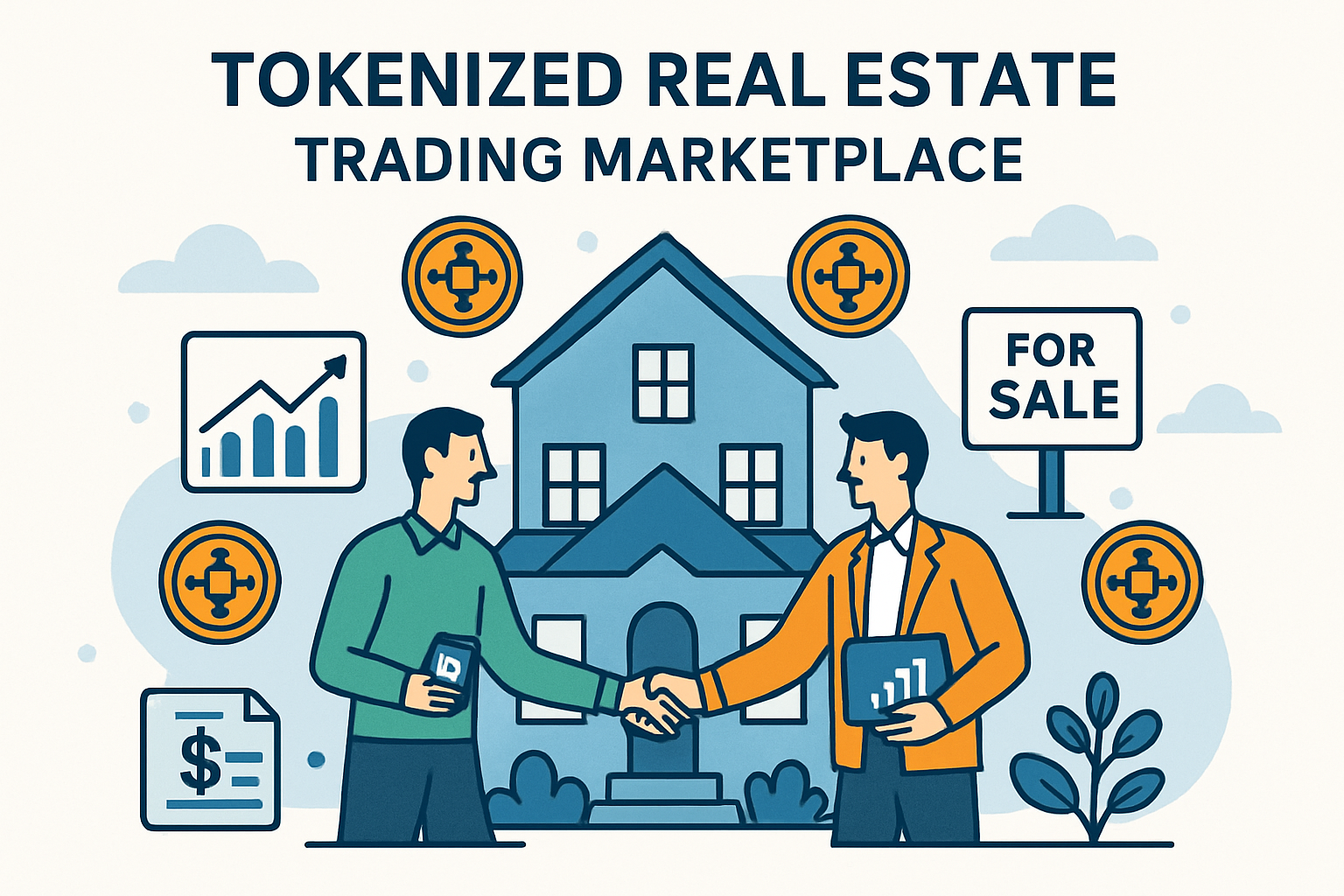
Enhanced Liquidity via Digital Marketplaces: Real estate tokens can now be traded on secondary markets such as Blockchain.com OTC and OpenFinance Network, allowing investors to buy or sell their shares in real time. This addresses the traditional illiquidity of real estate investments.
-
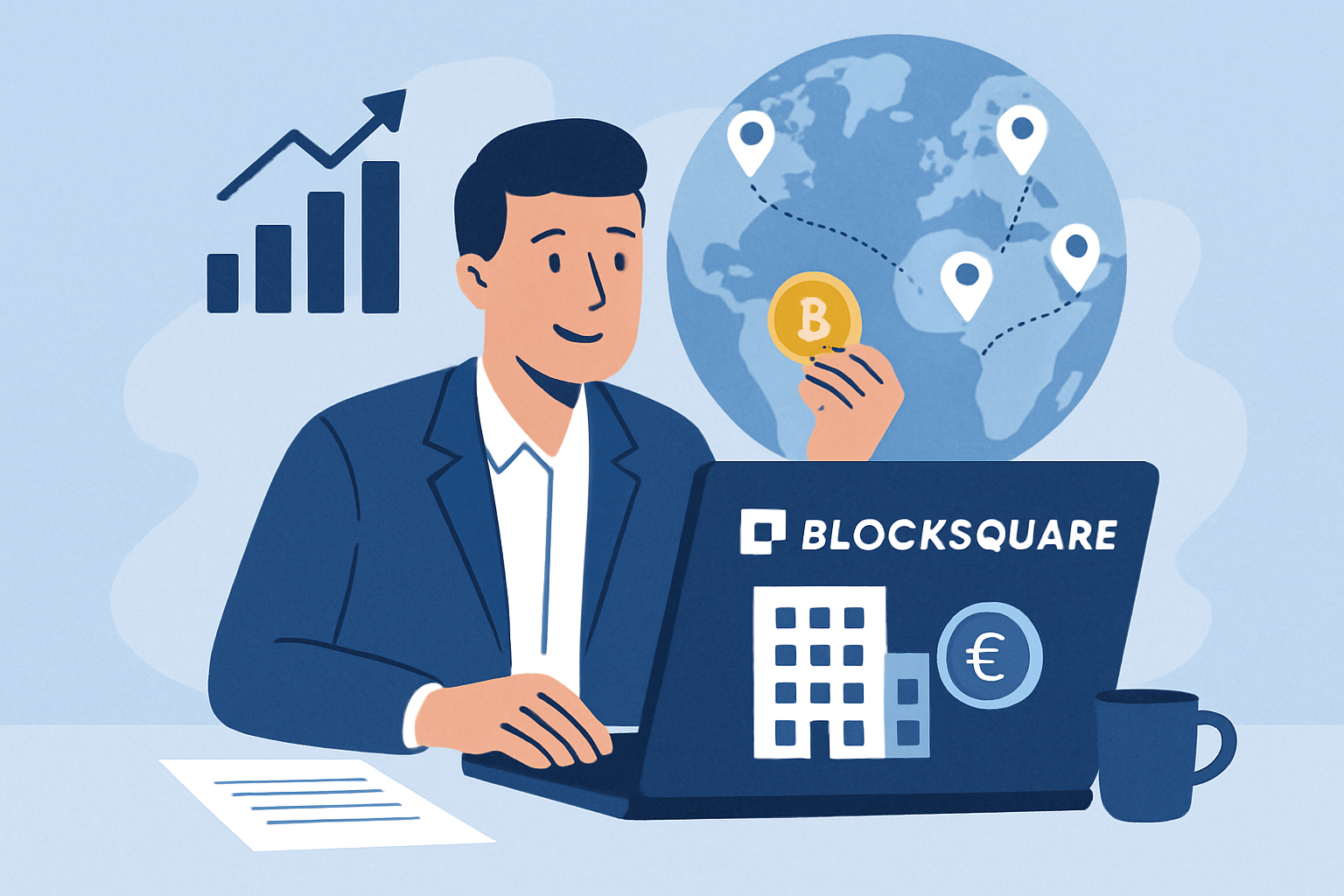
Global Investment Opportunities: Platforms like Blocksquare and Vesta Group are making it easier for investors worldwide to access real estate markets across borders, bypassing many traditional legal and financial hurdles.
-
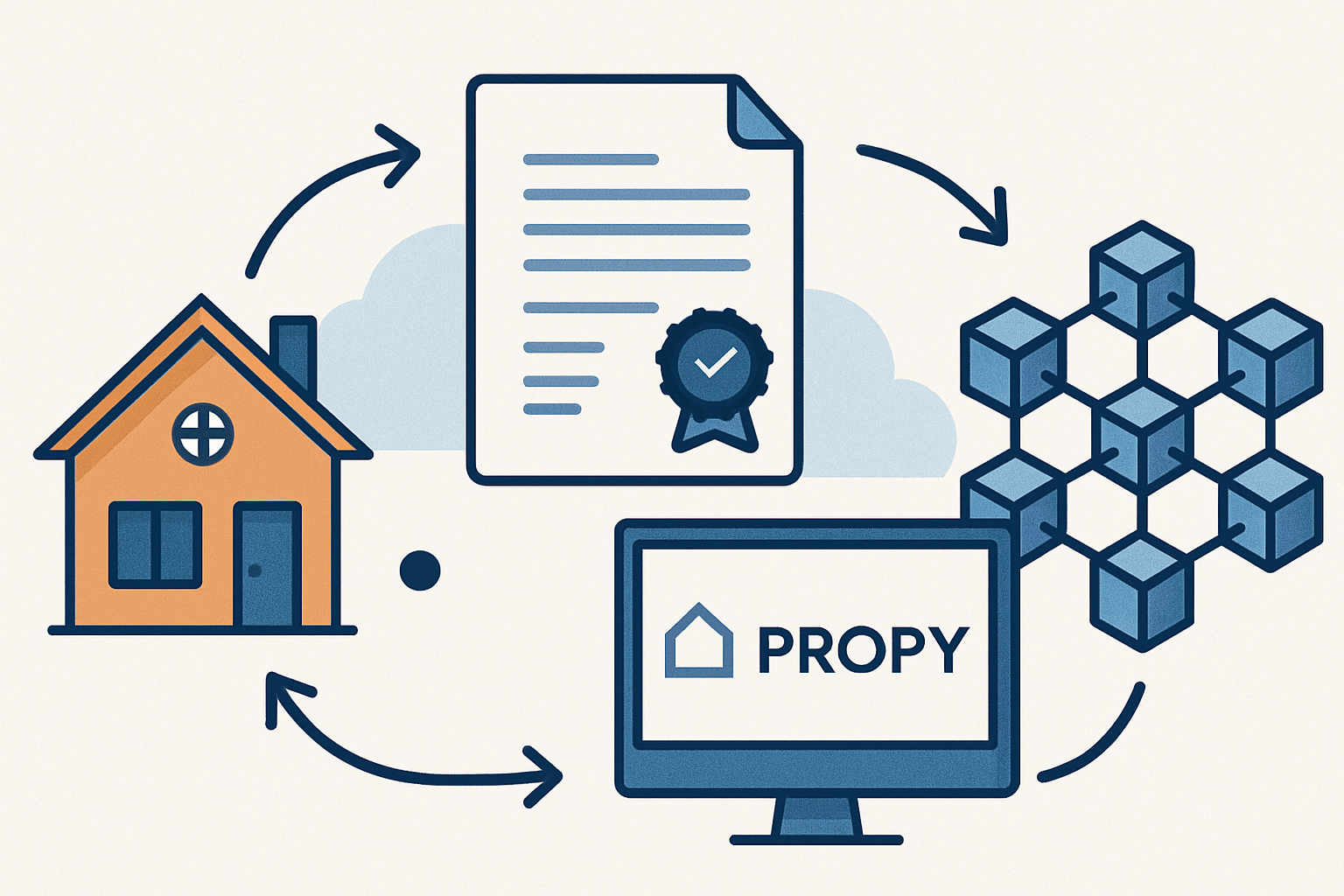
Increased Transparency and Security: Blockchain-backed tokenization ensures all transactions and ownership records are immutable and transparent. Solutions like Propy automate property transfers and record-keeping, reducing fraud and boosting investor confidence.
-
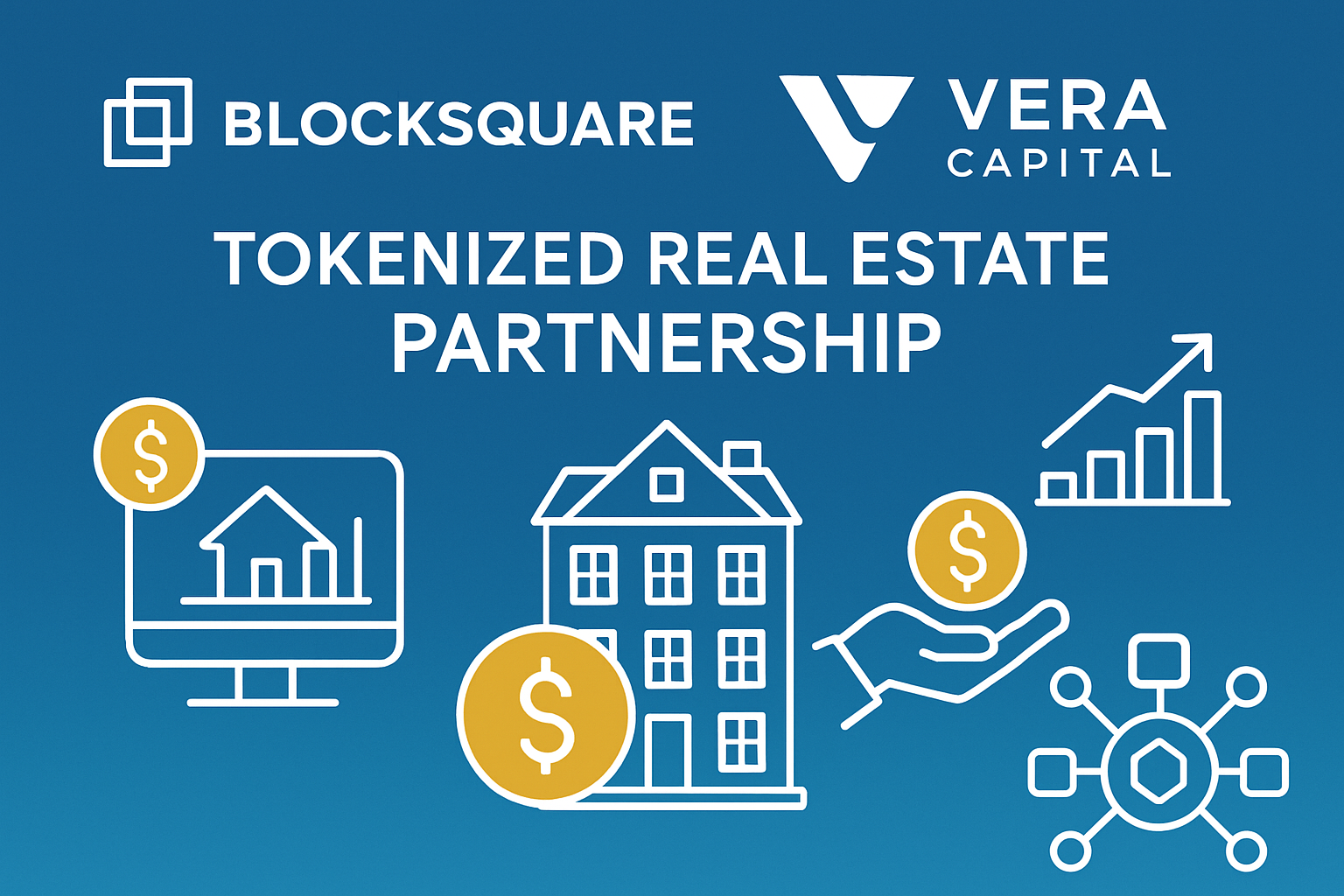
Institutional Adoption and Market Growth: Major initiatives, such as the $1 billion Blocksquare and Vera Capital partnership, are driving institutional investment in tokenized real estate. This influx of capital and credibility is accelerating market growth and creating more opportunities for small investors.
Whether you’re looking to diversify your portfolio with property tokens or simply want exposure to global real estate without traditional barriers, the landscape is rapidly shifting in your favor. Tokenization is making it possible for more people than ever to participate in wealth-building opportunities that were once out of reach.
Staying informed is critical. As regulatory clarity improves and platforms compete to offer better user experiences, small investors will find more affordable entry points and greater transparency. The key is to approach this emerging field with both enthusiasm and caution, doing due diligence on platforms, understanding the legal implications of digital ownership, and keeping an eye on evolving industry standards.
The democratization of real estate through tokenization is no longer a distant vision, it’s happening now. For those willing to embrace new models and technologies, 2024 could be a landmark year for accessible property investing.







